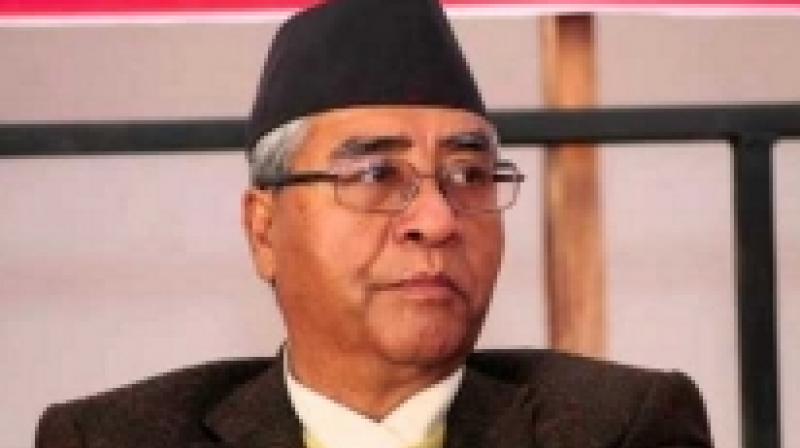Nepal endorses laws barring criminals, corrupt from contesting polls
Lawmakers of the ruling Nepali Congress demanded flexibility over the provision, but allowed the bill to be presented in Parliament.

Kathmandu: Nepal’s Parliament has endorsed an electoral law for upcoming elections to the federal and provincial council which bars people involved in corruption and criminal offences to stand as candidates.
The bill was endorsed by holding three rounds of meetings.
Lawmakers of the ruling Nepali Congress demanded flexibility over the provision, but allowed the bill to be presented in Parliament.
Home affairs minister Janardan Sharma, while presenting the bill concerning elections in province and federal councils, briefed Parliament over questions raised about the provisions.
“The provisions included in this bill are also mentioned in previously passed bills by this Parliament. The concerns over the threshold and other provisions do not tend to bar the political parties but to manage and help the functioning of Parliament and improve the participation and representation,” Sharma said.
The newly endorsed bill bars a person, accused of corruption, rape, extortion, human trafficking, drug trafficking, and property purification, misusing passport, kidnapping or moral turpitude or any other kind of criminal offence, from contesting election.
None of the candidates, who faced punishment over aforementioned offences and one spent more than 20 years of imprisonment over various issues, are said to be illegible to stand as candidate in the election.
The new bill has also fixed the threshold for the parties to win the seat. A candidate, who fights for proportional seat in the House of Representatives, should acquire at least 3% of the votes cast to acquire a seat in the Provincial Assembly.
But the new electoral law ruled out the provision of No Vote or vote to reject, breaching the ruling by the Supreme Court.
Nepal is set to hold two rounds of provincial and federal elections in November and December this year, a new test towards the implementation of the new Constitution promulgated in 2015.

